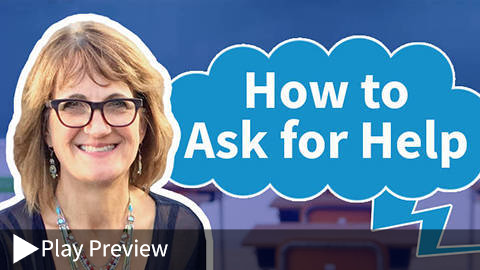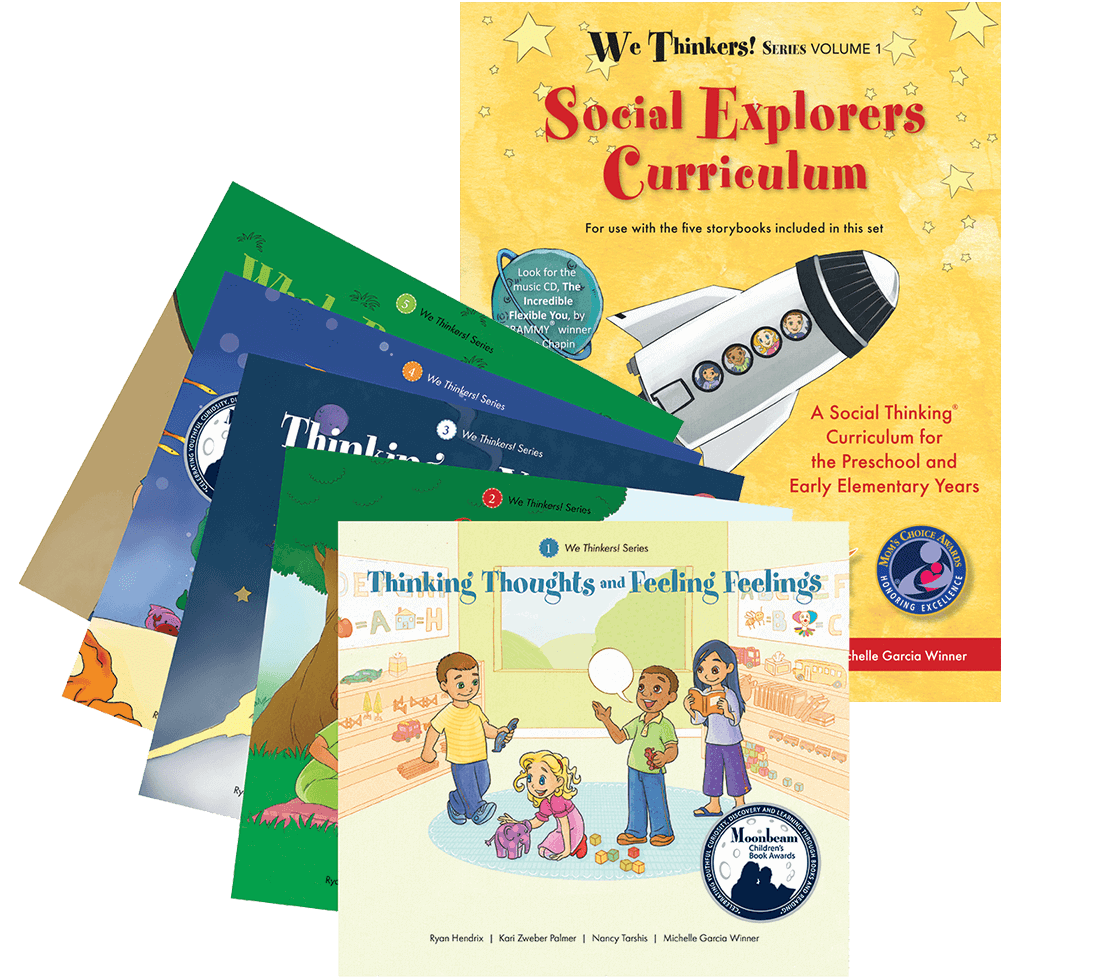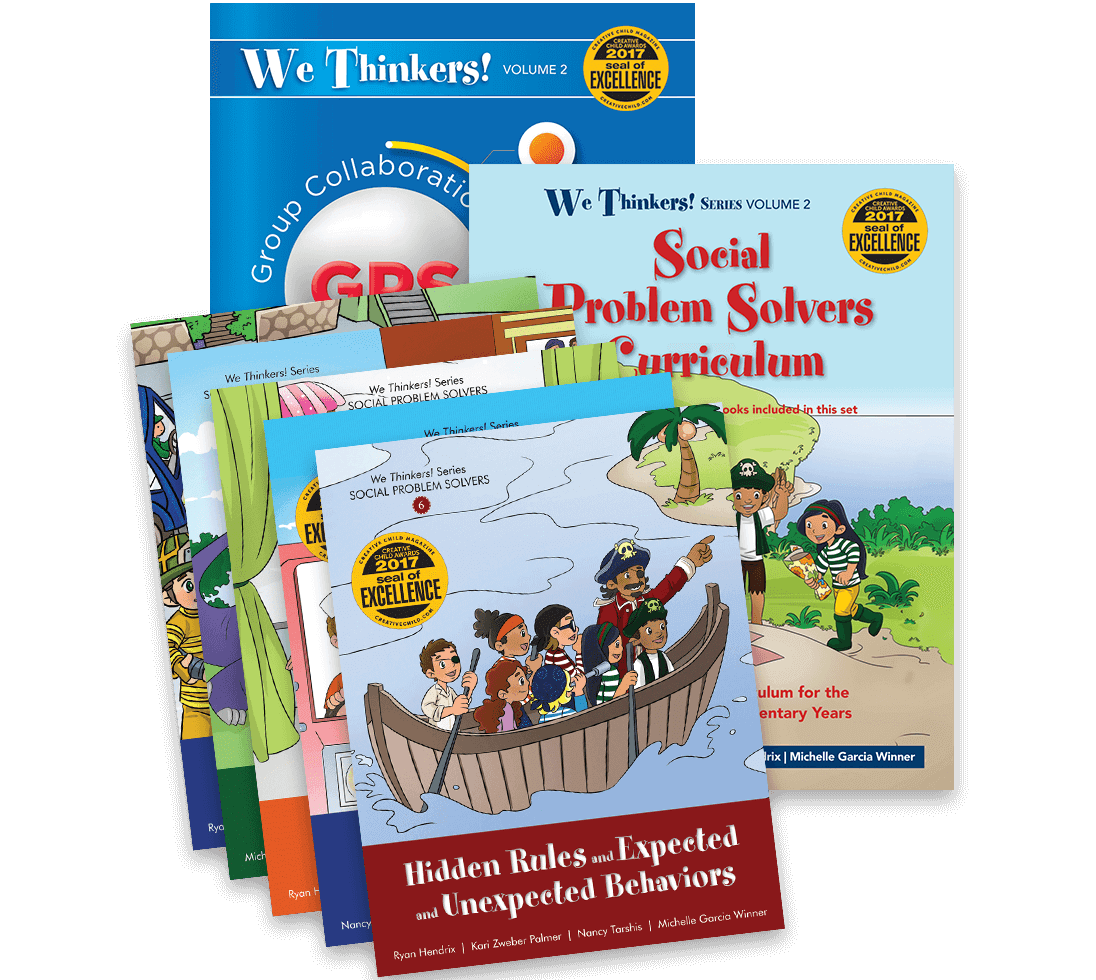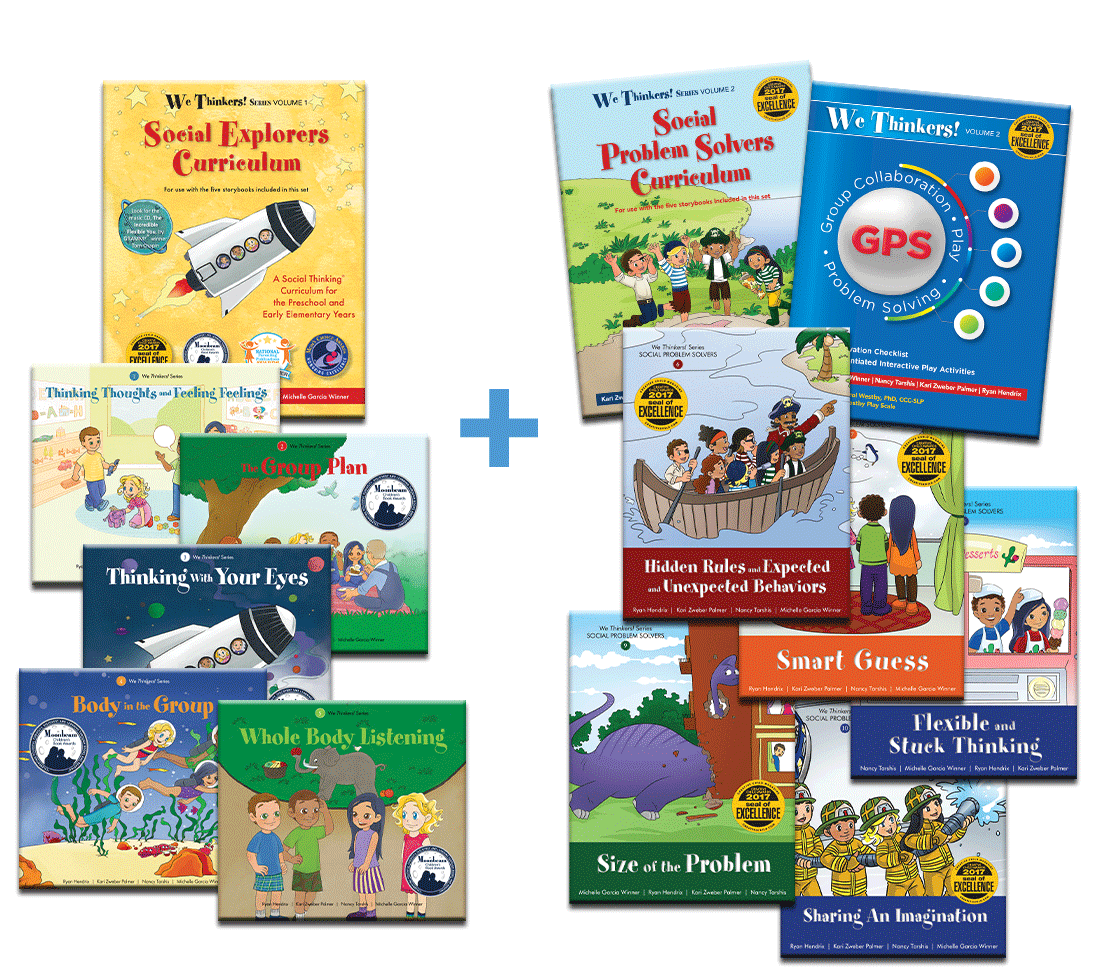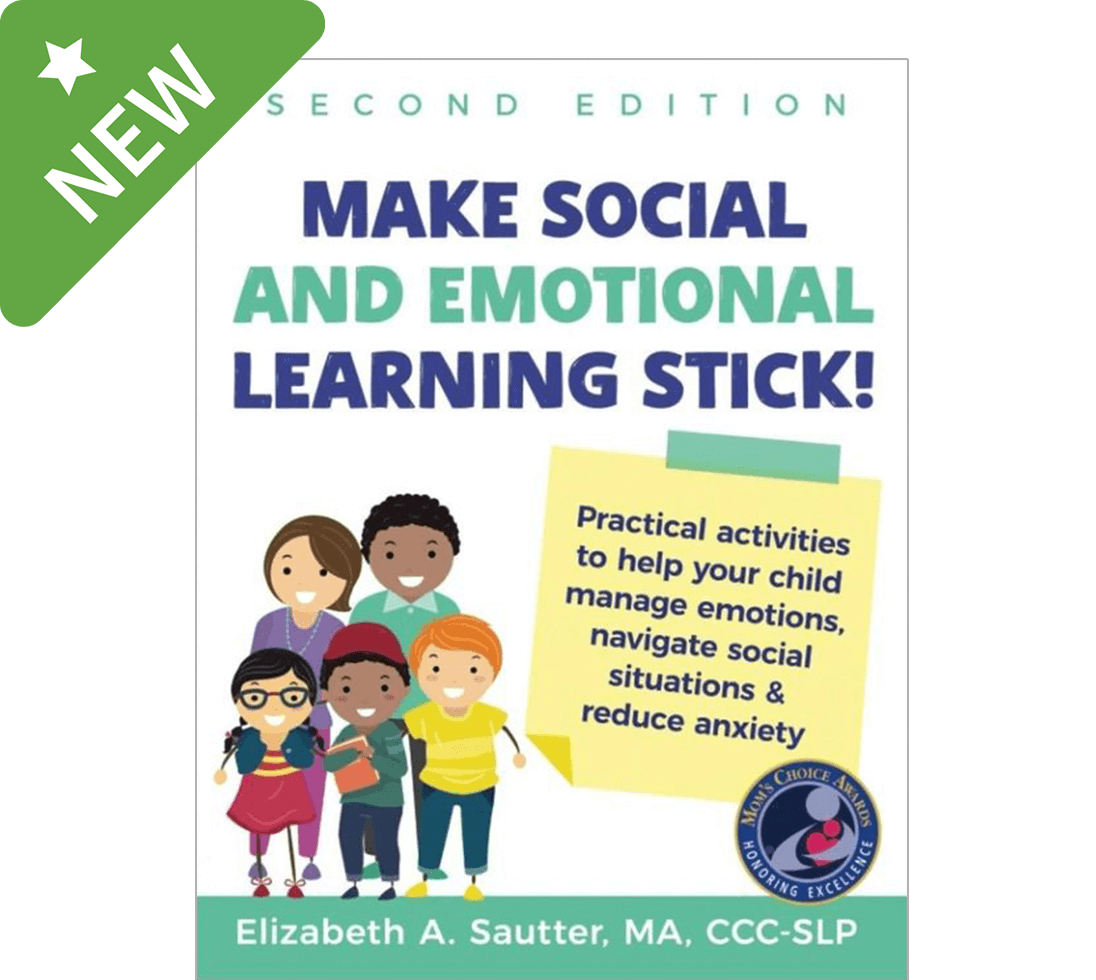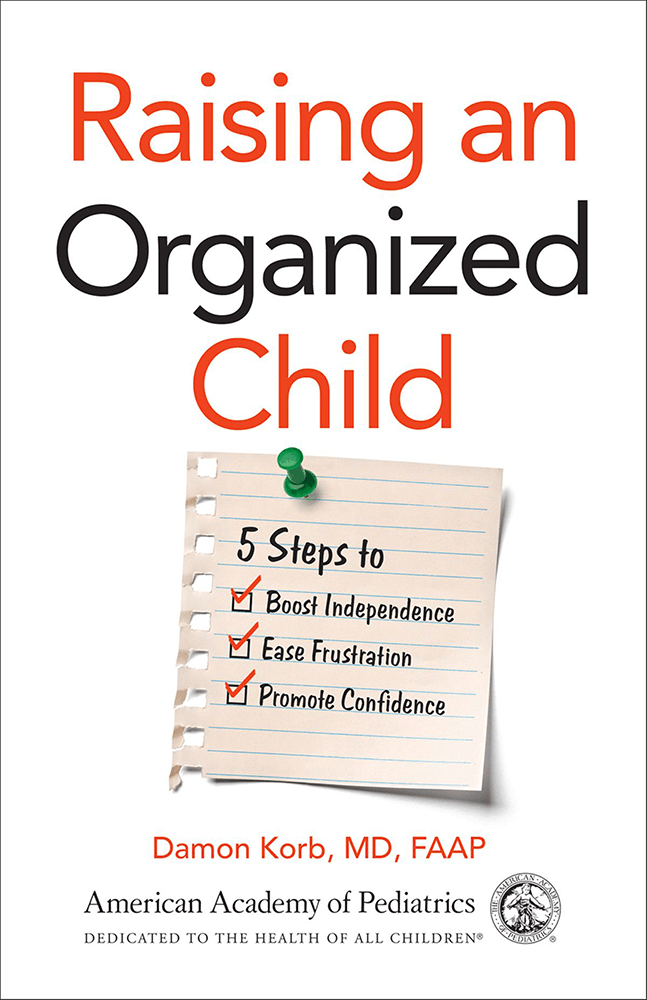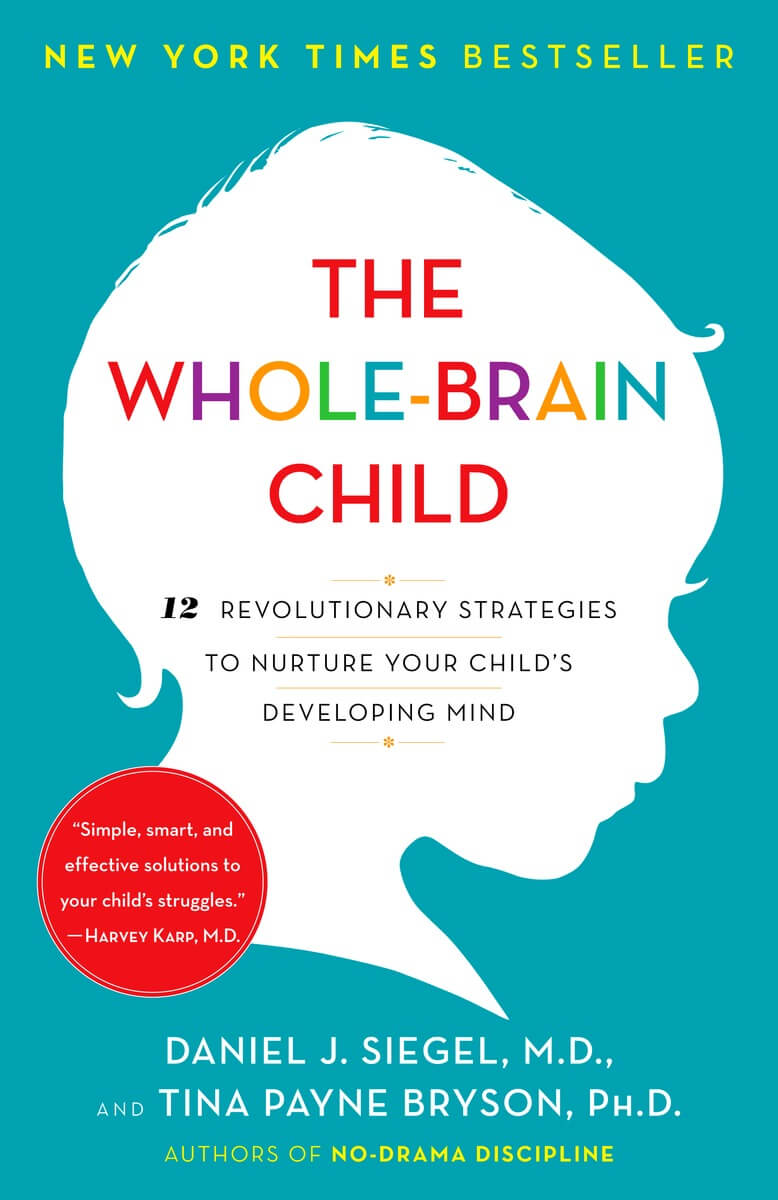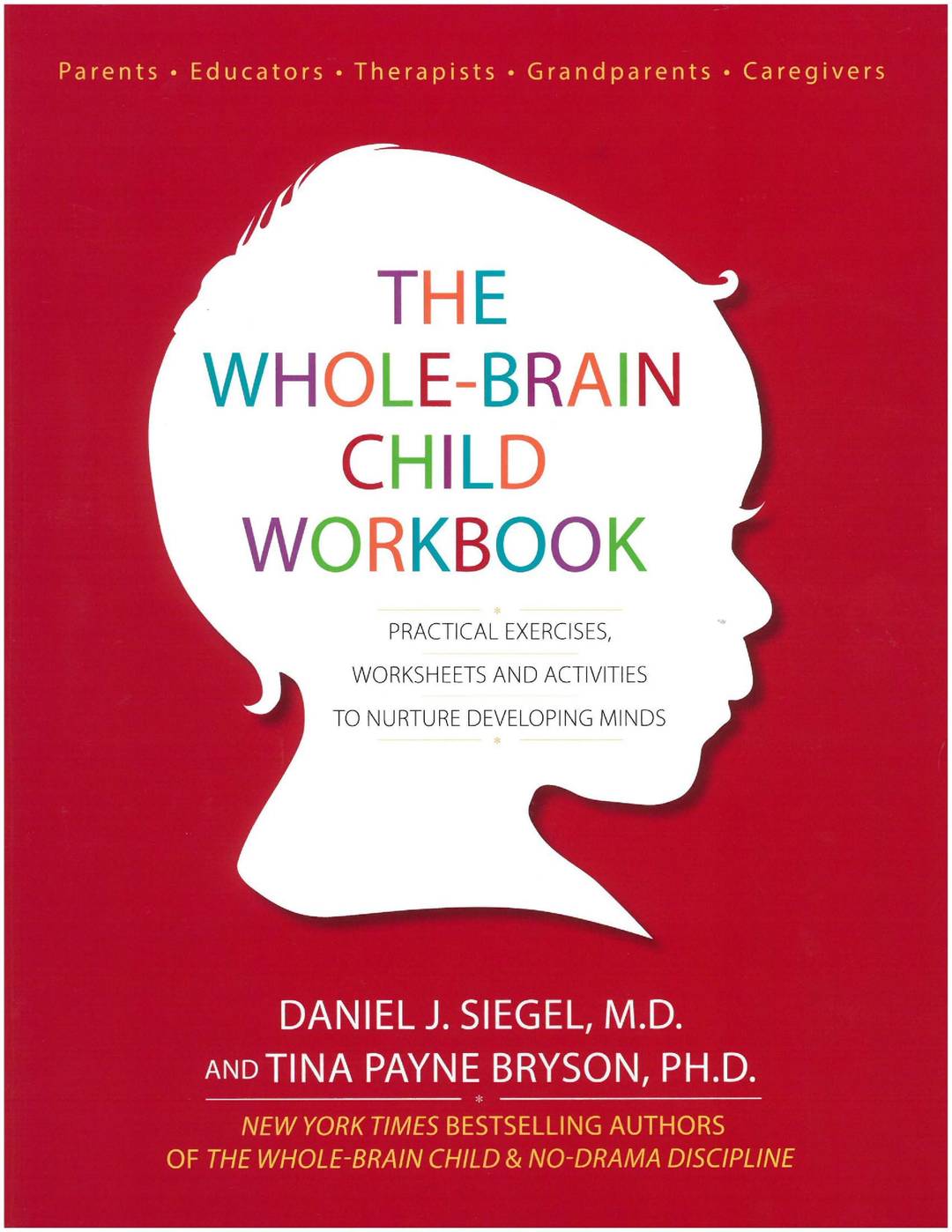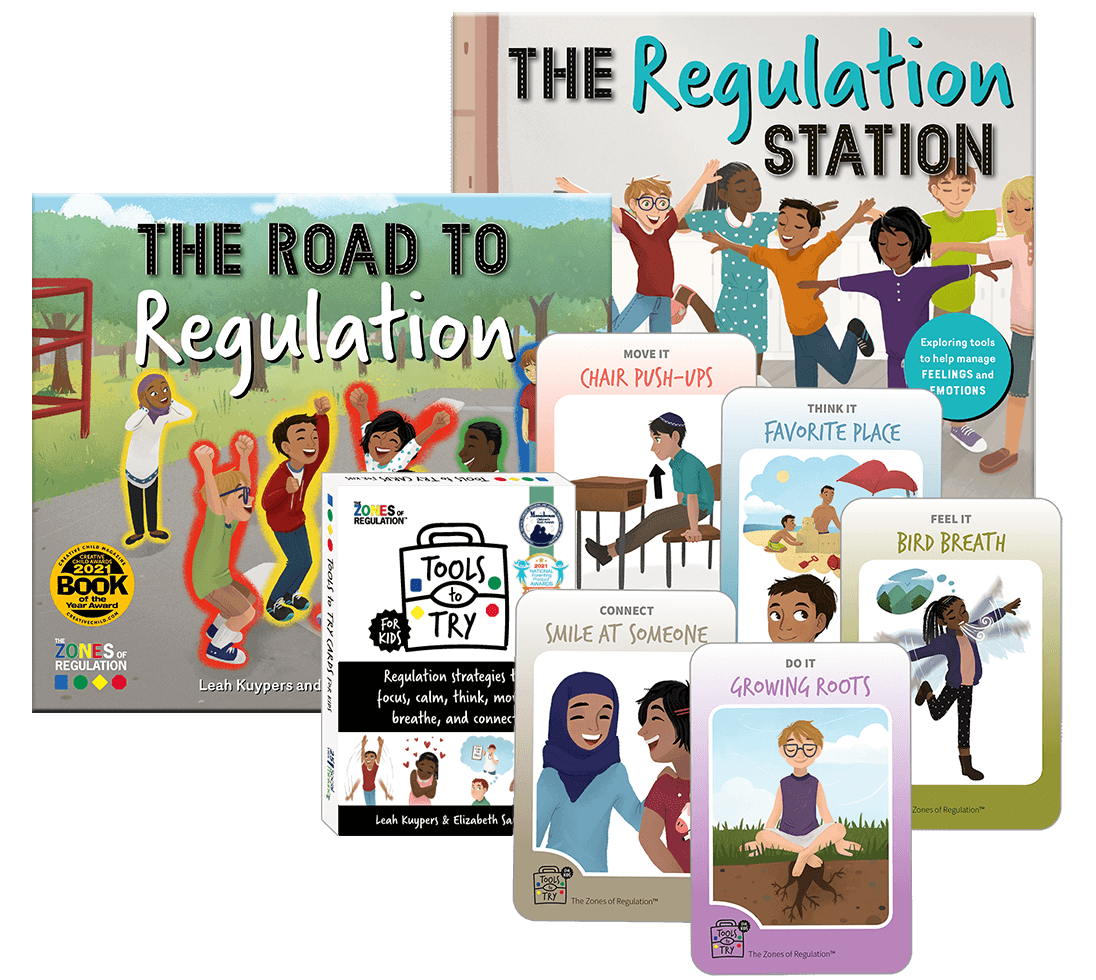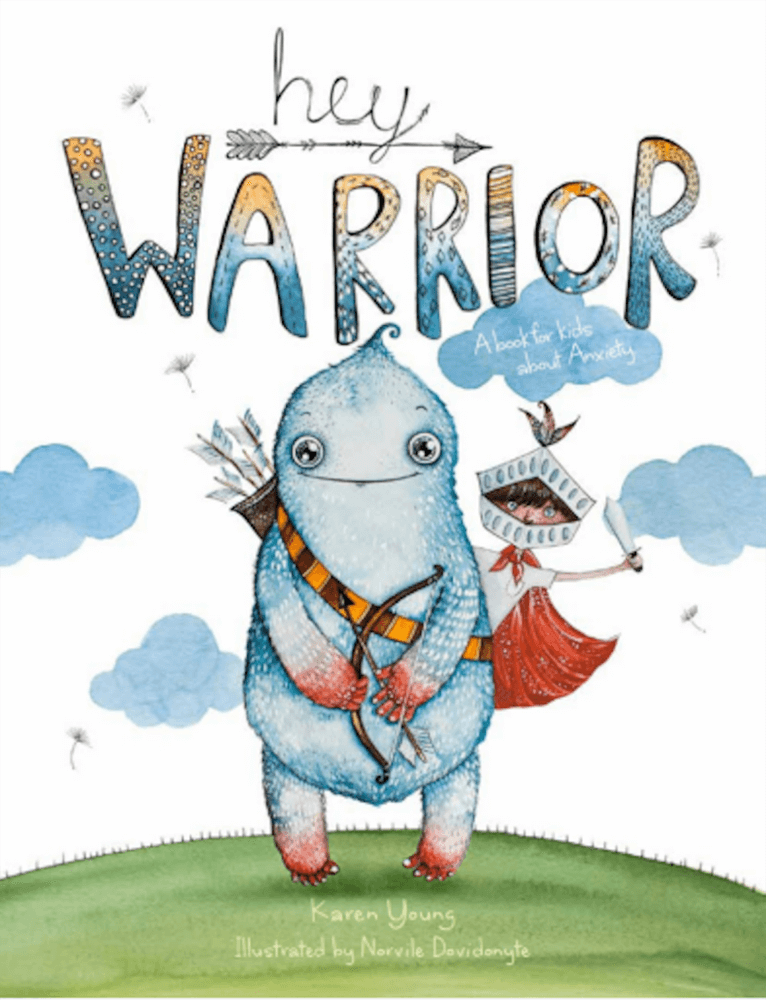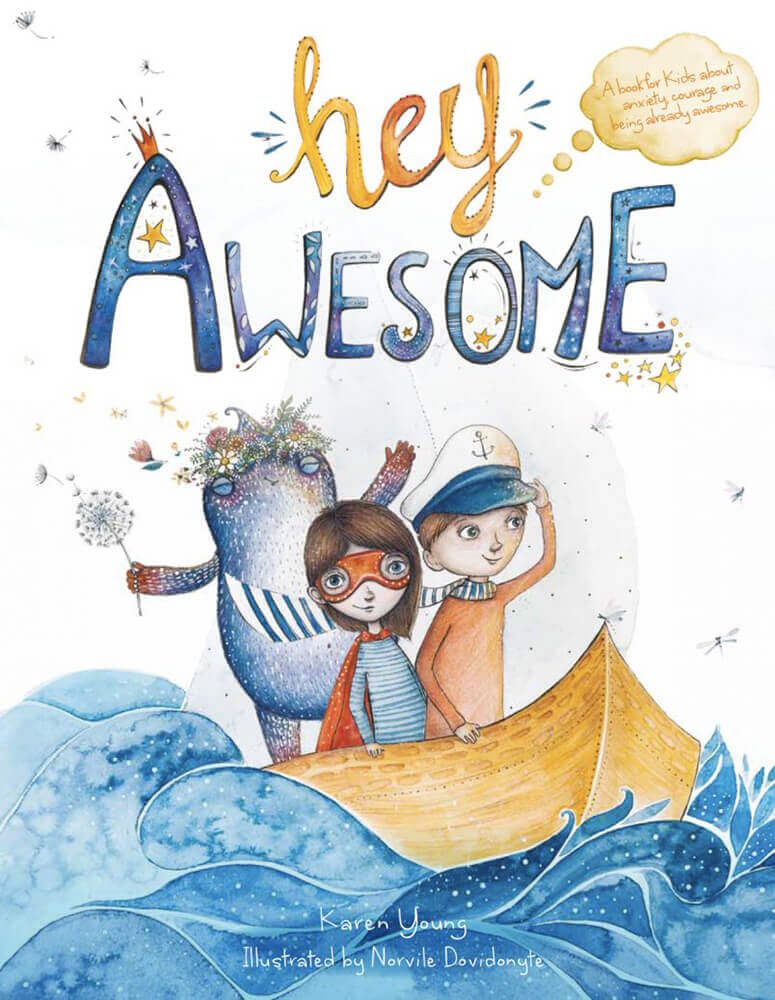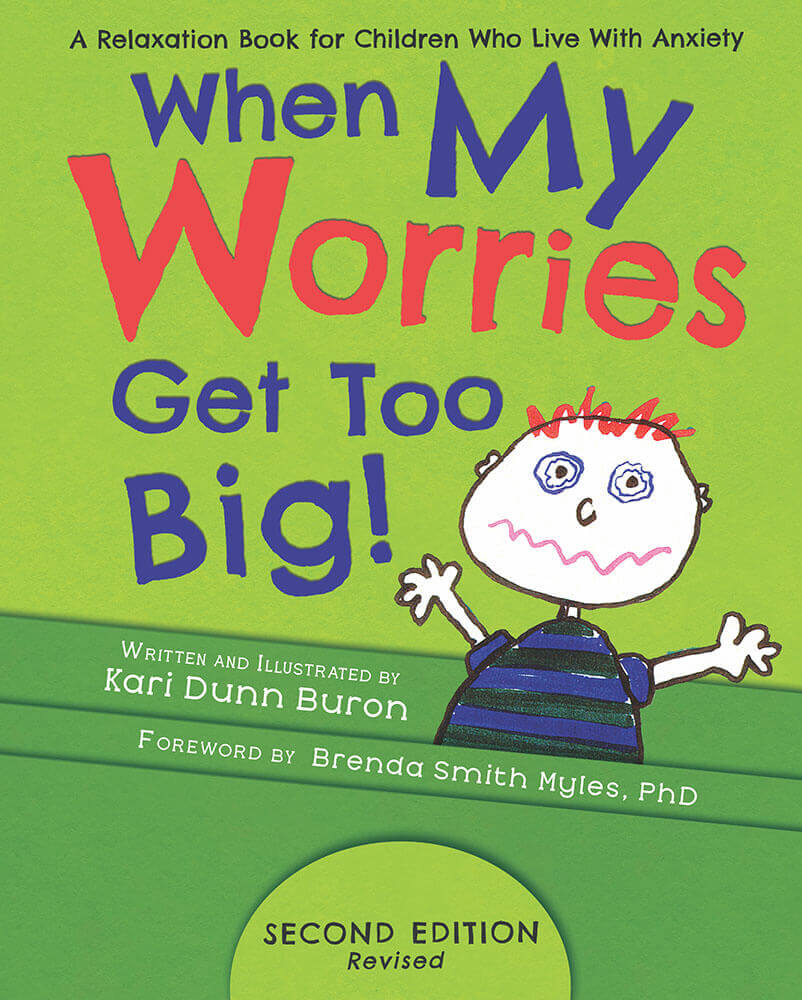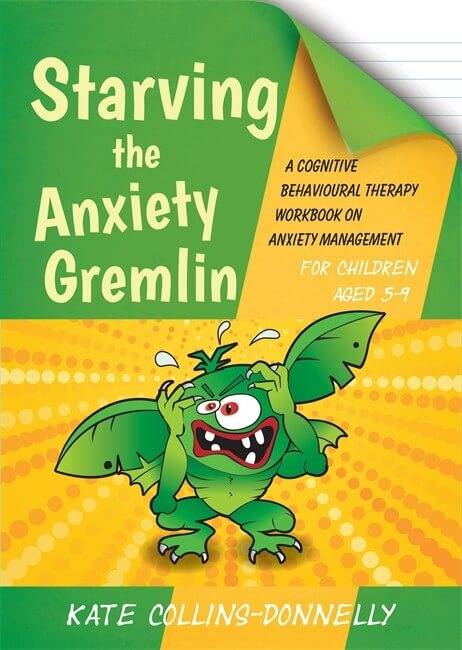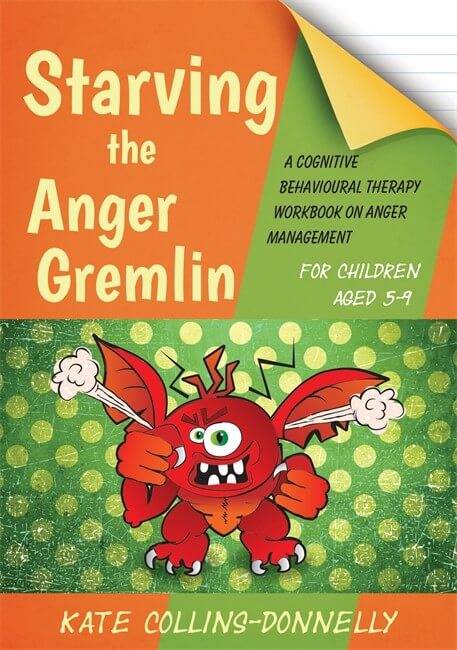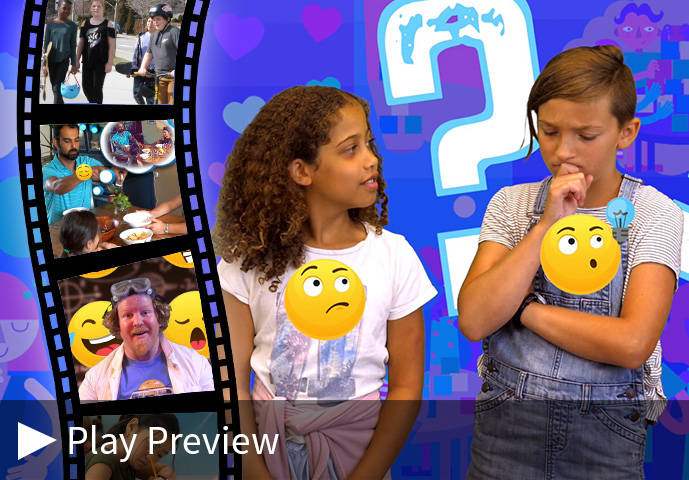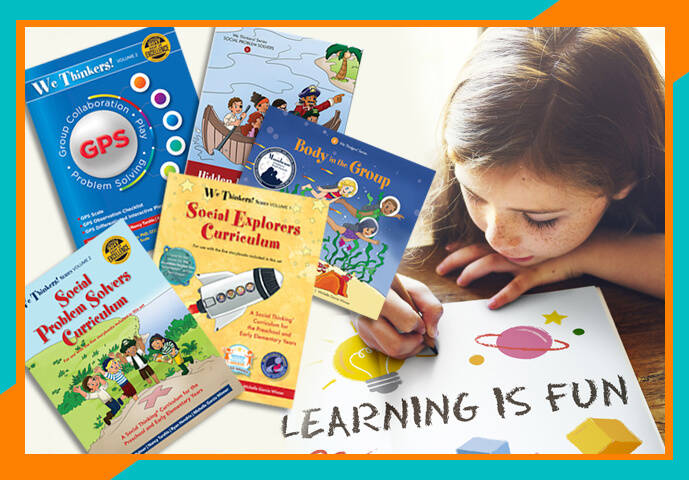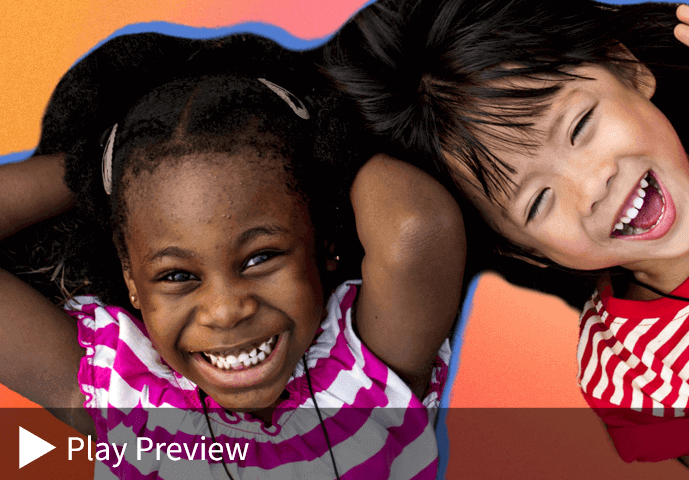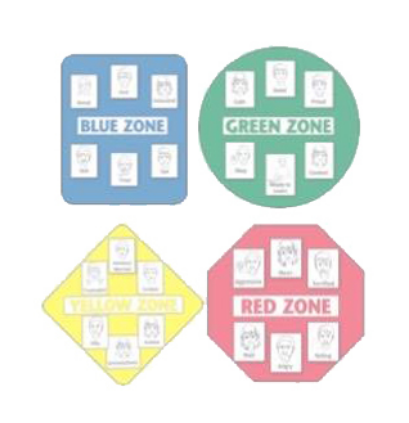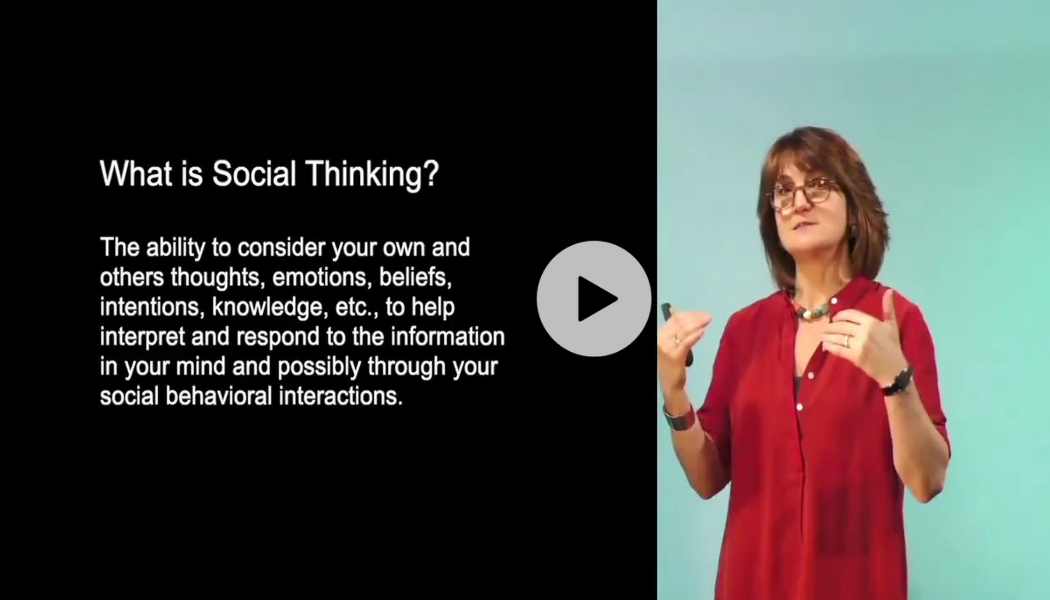For Students to Watch
Social Situation Shorts
5 Key Social Thinking Vocabulary Concepts in Action
Get ready to engage social learning with Social Situation Shorts, a set of five video vignettes, featuring real kids in real-world social situations using their social thinking and social skills. These brand new videos are perfect for fostering discussions and engaging young students or clients with relatable social situations. Each video comes with 2 lesson plans to extend the learning, and some shorts feature a visit from Science Guy Brad for a little extra fun. Have fun exploring social concepts and skills for kids between the ages of 5-9+.
Note: This video is not eligible for continuing education credit.
8/1/2024 5:25:00 AM
Expires
Get Recording









